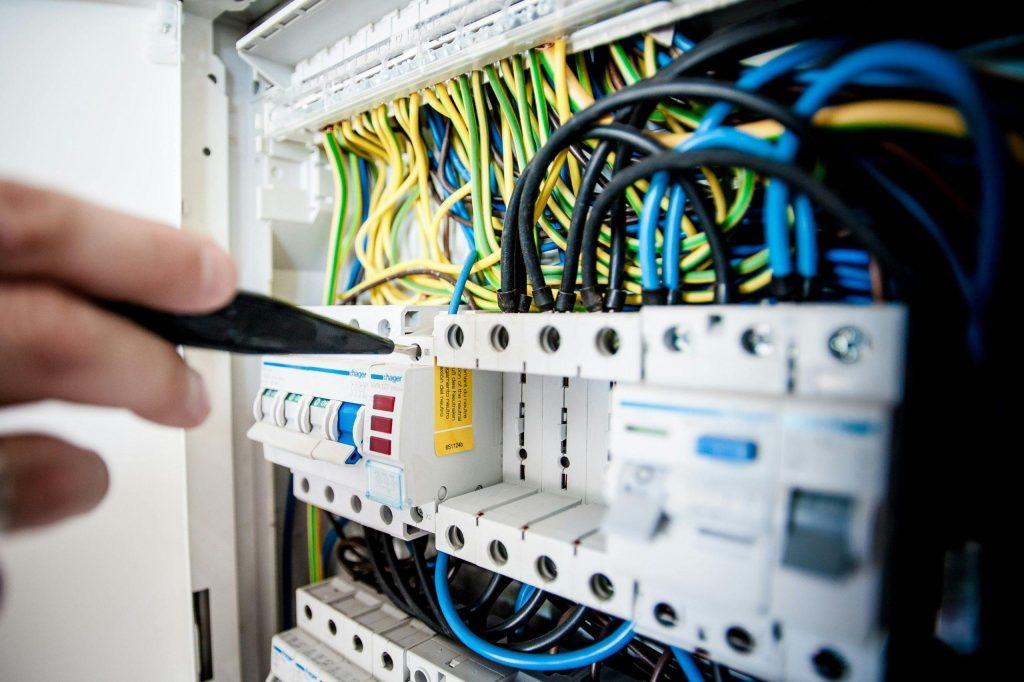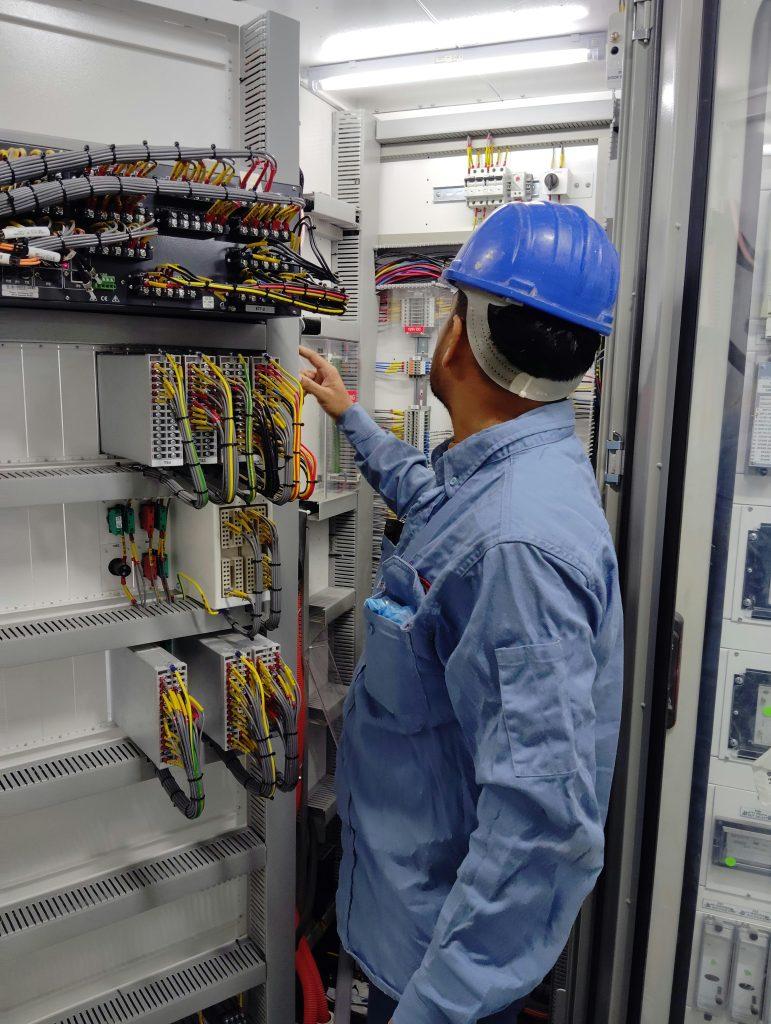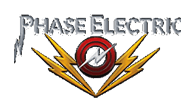What Homeowners and Business Owners Need to Know Before Hiring an Electrician
When you need electrical work done, it might seem like any licensed electrician can handle the job. But while all electricians are trained professionals, the type of property – residential or commercial – matters more than most people realize. At Phase Electric, we handle both residential and commercial projects across the Los Angeles area, and we know that each comes with its own unique challenges, codes, and technical requirements.
In this post, we’ll break down the key differences between residential and commercial electrical work so you can make informed decisions, ask the right questions, and choose the right contractor for your needs.

1. Different Code Requirements
One of the most important distinctions is in the electrical code. Residential and commercial buildings must both adhere to the National Electrical Code (NEC), but how that code is applied varies significantly depending on the structure.
- Residential properties usually follow simpler code rules, tailored for single-family homes or small apartment units. The focus is on safety, energy efficiency, and ensuring that typical household appliances and lighting systems are supported.
- Commercial buildings, on the other hand, often face more complex codes. These may relate to higher voltage needs, emergency backup systems, fire and life safety regulations, and support for large machinery or extensive networking.
Working with a licensed electrician who understands the specific code requirements for your building type is essential for compliance and safety.
2. Differences in Wiring and Materials
Residential and commercial electrical systems often use different materials and wiring techniques.
- Residential wiring is typically done using non-metallic sheathed cable. This is flexible, easy to install, and suitable for indoor home environments.
- Commercial wiring, in contrast, often uses conduit systems and thicker insulation. These protect wiring in more demanding environments like warehouses, offices, and retail stores where exposure to heat, moisture, or physical damage is more likely.
Additionally, commercial spaces usually require three-phase power systems to support heavier electrical loads – something you won’t find in a typical home.
3. Load Demand and System Complexity
Homes are designed to support moderate loads: lighting, HVAC, kitchen appliances, and entertainment systems. Even when installing electric vehicle (EV) chargers or solar panels, the overall complexity remains manageable for an experienced residential electrician.
In contrast, commercial properties often involve:
- High-capacity HVAC systems
- Data centers and server rooms
- Large industrial equipment
- Extensive lighting systems across multiple rooms or floors
- Emergency backup power
This means commercial electricians must calculate much higher electrical loads, configure more intricate circuit systems, and account for redundancy and fail-safe mechanisms.
4. Project Scope and Timelines
Another key difference is in the scale and timeline of a project.
- A residential job, like rewiring a kitchen or installing recessed lighting, can often be completed in a day or two.
- Commercial jobs, however, frequently involve coordination with architects, general contractors, engineers, and local code inspectors. These projects may span weeks or even months, with strict deadlines and staging.
An experienced commercial electrician knows how to work as part of a larger team, communicate effectively, and stick to tight schedules, while ensuring every system is properly installed and documented.

5. Tools, Equipment, and Training
While some tools overlap, commercial electrical work often requires industrial-grade equipment and a higher level of specialization.
At Phase Electric, our team uses advanced diagnostic tools, heavy-duty lifts, and commercial-grade materials to complete large-scale installations safely and efficiently. Our electricians are trained to handle high-voltage systems, commercial lighting automation, and even energy management systems for businesses.
We also stay current with continuing education to ensure we’re meeting all commercial compliance standards and safety protocols.
6. Licensing and Insurance Considerations
Not all electricians are qualified – or insured – to perform both residential and commercial work. That’s why it’s important to ask:
- Are you licensed for commercial electrical work?
- Do you carry the appropriate insurance for large-scale jobs?
- Do you have experience with buildings similar to mine?
Phase Electric is fully licensed, bonded, and insured for both residential and commercial electrical projects, so you can feel confident knowing your property is in capable hands.
Final Thoughts: Why the Right Electrician Matters
Whether you’re remodeling your home, upgrading office lighting, or planning an electrical buildout for a retail space, choosing the right electrician for the job is crucial. Residential and commercial electrical work may look similar on the surface, but behind the walls, they are very different worlds.
At Phase Electric, we bring years of experience, the latest tools, and a commitment to safety and precision to every project, no matter the size. If you’re unsure what type of electrical service you need, we’re happy to assess your space and recommend the best course of action.
Contact us today to schedule an inspection or get a quote for your next residential or commercial project.

